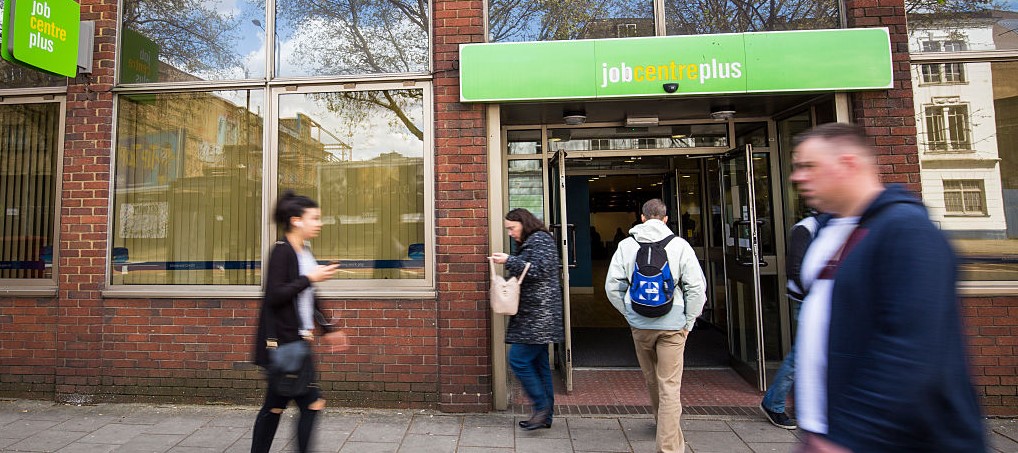Fragile recovery
The fragile nature of the so-called economic recovery, particularly outside London and the south east, has been highlighted by the latest rise in unemployment, Unite said today (August 12).
“For the first time in two years there have been two consecutive monthly rises in the jobless figures,” said Unite general secretary Len McCluskey. “This is the first crack in the edifice of post-election Tory economic triumphalism.
Figures from the Office of National Statistics released today show that the jobless total went up by 25,000 between April and June, rising to 1.85m. The rise was unexpected by most analysts, after consistent falls in unemployment last year.
McCluskey highlighted that overall unemployment figures obscured worrying trends in different parts of the country and sectors of the economy.
“Outside London and the south east, the benefits of the so-called recovery are not being felt,” he said. “There is a real issue that most of the jobs being created are in the lower paid sectors and there is a proliferation of those working as self-employed, when they want full-time and permanent jobs.”
Indeed, the numbers of self-employed, who earn drastically less than full-time employees and have less job security, have consistently crept up over the last few years. And it’s a trend that’s again reflected in the latest figures – 4,512,000 were self-employed in the months between April and June, up from 4,468,000 between January and March.
The numbers of economically inactive people – who, for example, are on long-term sick leave or have given up looking for work altogether – have also increased, by 7,000 in the three months to June, now totalling just under 9m.
Insecurity
“Fragility and insecurity in the jobs market are the hallmarks of George Osborne’s economic programme,” McCluskey went on to say. “There is a real fear that the jobs market is levelling off with little in the way of ideas on the creation of decent jobs coming from this government.”
The ONS agreed that a levelling off in the job market may be on the horizon.
“While it’s too early to conclude that the jobs market is levelling off, these figures certainly strengthen that possibility,” one ONS statistician said.
McCluskey argued that unemployment can be tackled through policy.
“We need ministers to assist with solutions to tackle this continuing climate of insecurity,” he said. “This will not be achieved by making working lives tougher with the brutal removal of tax credits for low earners.”
As UNITElive has previously reported, chancellor George Osborne’s slashing of tax credits in the most recent budget will mean that 3m households on low income will be £1,000 a year worse off.
Following the release of today’s jobless figures, skills organisations also called for policy changes. The City and Guilds Group argued that, with youth unemployment still so high at 16 per cent, the government must do more to match young people in careers with skills that are in high demand.
Unite has also long argued that a worrying skills shortage will hamper economic growth, calling for high-quality, well-paid apprenticeships in key sectors such as manufacturing, science and technology.
 Like
Like Follow
Follow

